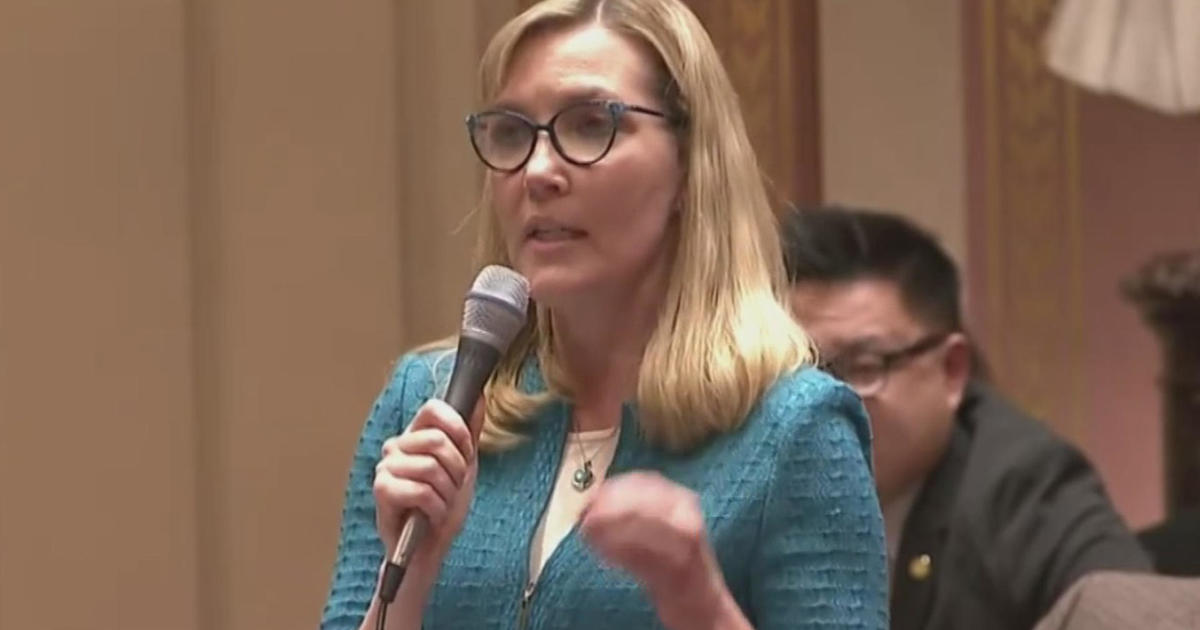Bill at capitol would block new game at Minnesota horse racing tracks
ST. PAUL, Minn. — Minnesota's two horse racing tracks say they got a lifeline when state regulators authorized a new game — historic horse racing — last week. But Democrats moved quickly Monday to advance legislation blocking the games right out of the gate.
They believe the move by the Minnesota Racing Commission last week approving the game runs afoul of state law and gaming compacts with tribes that operate casinos in the state. Historic horse racing allows bettors to place wagers on past horse races on an electronic terminal; opponents of this game argue it operates like a slot machine, which are not approved for use anywhere except those casinos.
"I think the slot machines are not lawful at the tracks," Rep. Zack Stephenson, DFL-Coon Rapids. "I think the racing commission took an unlawful action last week when they approved them and this bill corrects it."
But the legislation, introduced just days after the commission's decision last week, goes further. It plugs what Stephenson calls a "loophole" in state law that allowed the tracks to operate electronic "stadium-style" card games that allow many people to play at one time through a device instead of at a card table.
Getting rid of both games and pushing the race tracks out of a sports gambling proposal could endanger the future of Running Aces and Canterbury Park, people who work there and in the horse racing industry said Monday during a news conference.
"It's one thing to create a bill that blocks a new form of gambling but to try to outlaw nearly all the games currently played at the tracks is an obvious overreach," said Justin Revak, president of Minnesota Horsemen's Benevolent & Protective Association.
Tracie Wilson, the chief financial officer of Running Aces, told reporters if the bill passes, it would cut their revenues by more than half. She called the bill "ridiculous" and said it's "unfairly targeting the racing industry in our current operations."
The effort to ban historic horse racing adds a new layer to the debate about sports gambling as negotiators try to work out a compromise to get it over the finish line before session ends next month. Wilson and others said if they could keep historic horse racing and other games, the racetracks wouldn't need a slice of the state's predicted sports gambling revenues as both the House and Senate proposals provide.
What they're offering under the current sports betting bill falls short, Wilson explained. She told reporters Running Ace alone would need $5 to $6 million a year to make up for losses her track would incur if it was not allowed to offer a sportsbook.
"There are plenty of gambling dollars to support the tribes and the tracks. The tracks are not being unreasonable. They're simply trying to survive as a state charts a course that could be the largest expansion of gambling in state history," Revak said.
Stephenson during the Monday hearing rejected the notion that he was singling out the racetracks with his bill, arguing nothing about it changes horse racing or the types of wager allowed.
"I've got no problem with the tracks. I do have a problem with the racing commission going beyond its statutory authority," he said.




